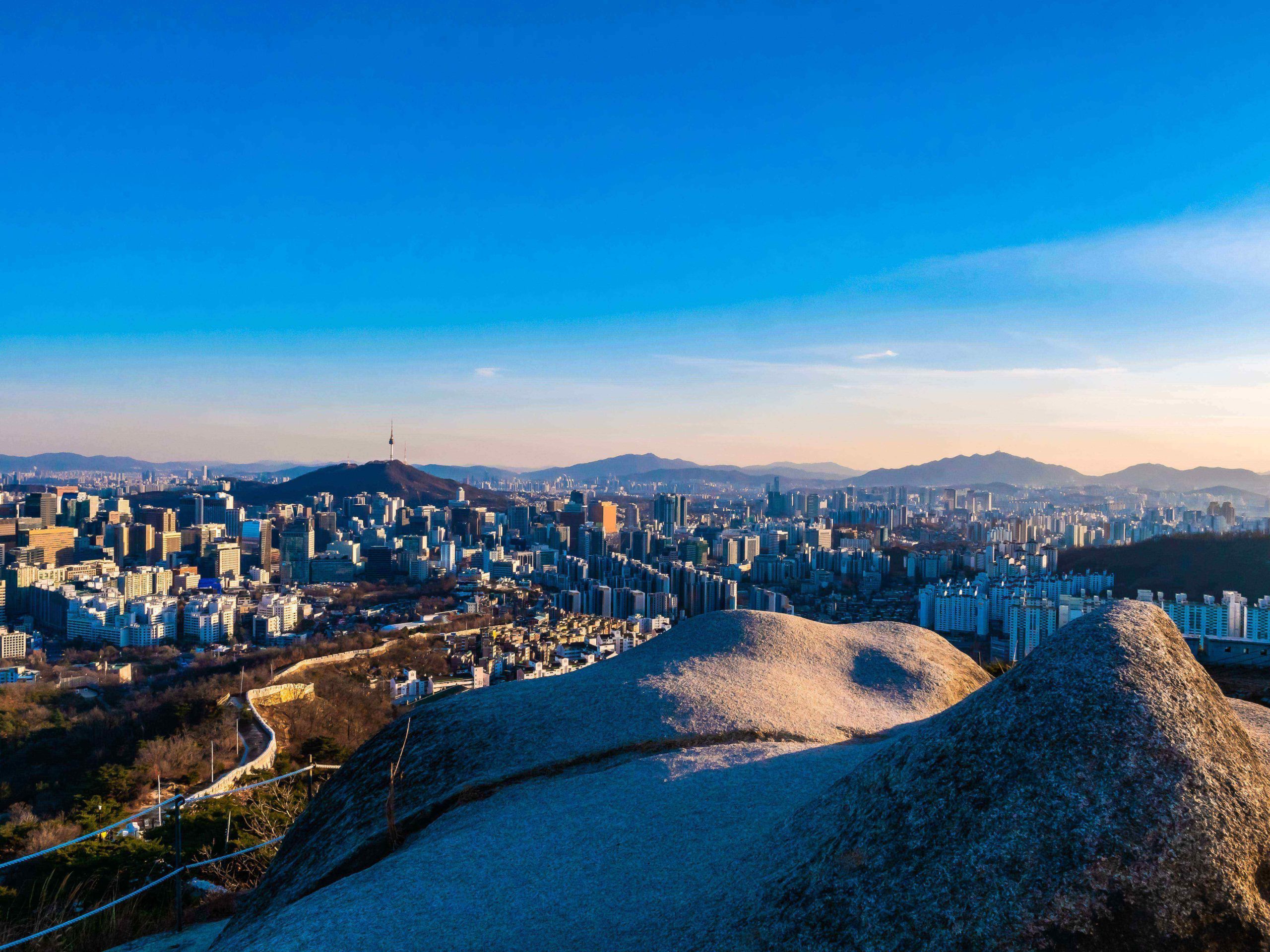A recent report by Cushman & Wakefield has listed Seoul, South Korea as an “established” data center market alongside Melbourne, Singapore, Hong Kong, Jakarta, Kuala Lumpur and Bangkok. The report titled Asia Pacific Data Center H1 2025 Update presents a maturity index of 30 global data center markets across APAC, and found that Seoul’s data center market continued its upward trajectory during H1 2025, with operational capacity reaching 533MW.
The report further found that the development pipeline has also expanded, rising 12 percent to a combined total of 715MW across under-construction and planned projects. It further said that “operators hold land banks that could support a further 250MW of capacity when fully developed, indicating strong long-term growth potential.”
However, the report also says that development dynamics in Seoul are evolving, mainly due to power availability constraints in certain zones, high land costs, and a scarcity of suitable development sites. This has led to a more dispersed pattern of data center construction; Seoul is witnessing a decentralised build-out. “As a result, the cumulative region outside of key clusters has emerged as the second-largest submarket after the Incheon/West Gyeonggi cluster, now accounting for 32 percent of operational capacity and 15 percent of the development pipeline,” says the report.
It also sheds light on upgrades to the connectivity ecosystem, saying that four new subsea cables are set to land in Busan and Ulsan. “The JAKO and Bridge One cables will link South Korea with Japan, while the Southeast Asia-Japan Cable 2 (SJC2) will connect the country with Southeast Asia, Hong Kong, Chinese mainland, Taiwan, and Japan. The E2A cable will provide direct connectivity to the U.S.”
Moreover, if we look at the latest initiatives taken by authorities and regulators, South Korea is showcasing bold ambitions when it comes to Artificial Intelligence (AI). It has not only proposed an investment of KRW 100 trillion (US$ 735 billion) into developing a sovereign AI trained on Korean cultural and historical data, it has also named Ha Jung-woo its first ever Chief Secretary for AI Policy.
Additionally, cloud services are also drawing steady investments. Readers would recall that recently Alibaba Cloud announced the launch of its second data center in the country, in response to the anticipated demand for AI infrastructure, driven by the increased adoption of generative AI services.
Thus, Seoul will continue to see steady growth in its data centre market, fuelled by decentralised development, regional diversification, and increasing demand for AI and cloud services.



